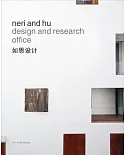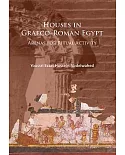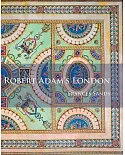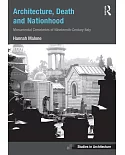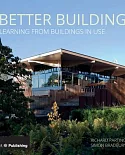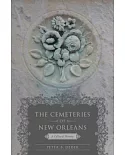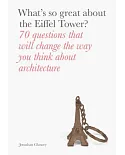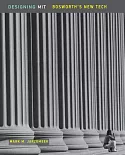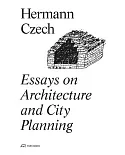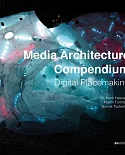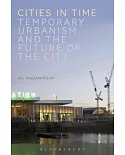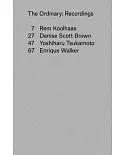In Built upon Love Perez-Gomez uncovers the relationship between love and architecture in order to find the points of contact between poetics and ethics--between the architect's wish to
design a beautiful world and architecture's imperative to provide a better place for society.
The forced polarity between form and function in considerations of architecture--opposing art to social interests, ethics to poetic expression--obscures the deep connections between ethical and
poetical values in architectural tradition. Architecture has been, and must continue to be, writes Alberto Perez-Gomez, built upon love. Modernity has rightly rejected past architectural
excesses, but, Perez-Gomez argues, the materialistic and technological alternatives it proposes do not answer satisfactorily the complex desire that defines humanity. True architecture is
concerned with far more than fashionable form, affordable homes, and sustainable development; it responds to a desire for an eloquent place to dwell--one that lovingly provides a sense of order
resonant with our dreams.
Eros, as first imagined by the early lyric poets of classical Greece, is the invisible force at the root of our capacity to create and comprehend the poetic image. Perez-Gomez examines
the nature of architectural form in the light of eros, seduction, and the tradition of the poetic image in Western architecture. He charts the ethical dimension of architecture, tracing
the connections between philia--the love of friends that entails mutual responsibility among equals--and architectural program. He explores the position of architecture at the limits of
language and discusses the analogical language of philia in modernist architectural theory. Finally, he uncovers connections between ethics and poetics, describing a contemporary
practice of architecture under the sign of love, incorporating both eros and philia.


